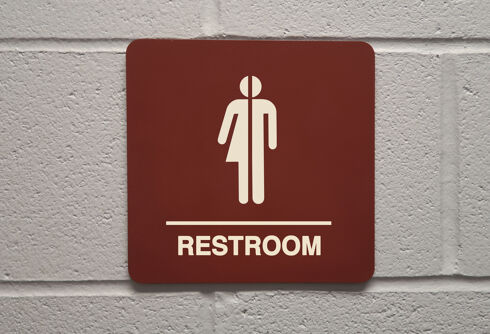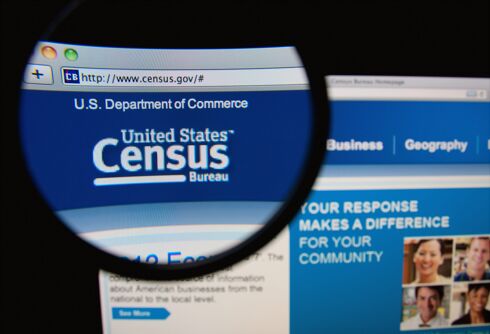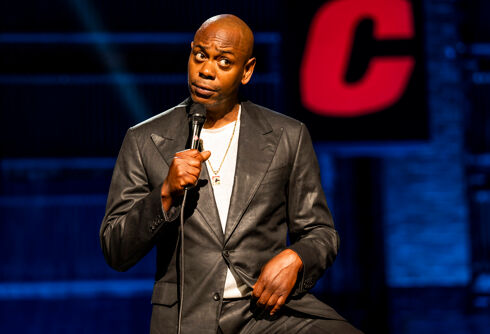A California state lawmaker who was forced to reveal he is gay after a recent arrest for drunken driving spoke out passionately in favor of gay rights during a legislative session Thursday, urging his fellow senators to “rise above discrimination” and support letting gays serve openly in the military.

Sen. Roy Ashburn, a Republican from Bakersfield, who came out in March after the DUI arrest placed him at a Sacramento gay nightclub, said he was “no longer willing or able to remain silent” on issues that affect sexual orientation and the rights of individuals.
In a remarkably candid interview Thursday, Ashburn called himself a “hypocrite.”
“My practice in my entire political career when it came to gay issues was to prevent any kind of spotlight from being shined my way, because I was in hiding. So casting any kind of vote might, could in some way, lead to my secret being revealed,” he said.
“That was terrifying to me. It was paralyzing. So I cast some votes that have denied gay people of their basic, equal treatment under the law, and I’m not proud of it. I’m not going to do that again.”
Ashburn’s previous voting record revealed he had voted against every gay rights measure in the State Senate since taking office, including Recognizing Out-Of-State Same-Sex Marriages, Harvey Milk Day, expanding Anti-Discrimination Laws, and a Senate resolution to declare Proposition 8 unconstitutional.
Never Miss a Beat
Subscribe to our newsletter to stay ahead of the latest LGBTQ+ political news and insights.
On Thursday, Ashburn was the only Republican senator to vote in support of allowing openly gay people to serve in the military; the resolution passed the state Senate on a vote of 24-7.
But Ashburn was among several Republicans who opposed SB 906, which was also approved by the state Senate and would clarify that clergy members would not be required to perform a civil marriage that was contrary to his or her faith.
Ashburn said it was “troublesome’’ that the bill also described marriages as “civil’’ unions. Proposition 8, approved by voters, gave a definition of marriage, and Ashburn worried the new definition in the bill could muddy the water and lead to new lawsuits on the issue.













